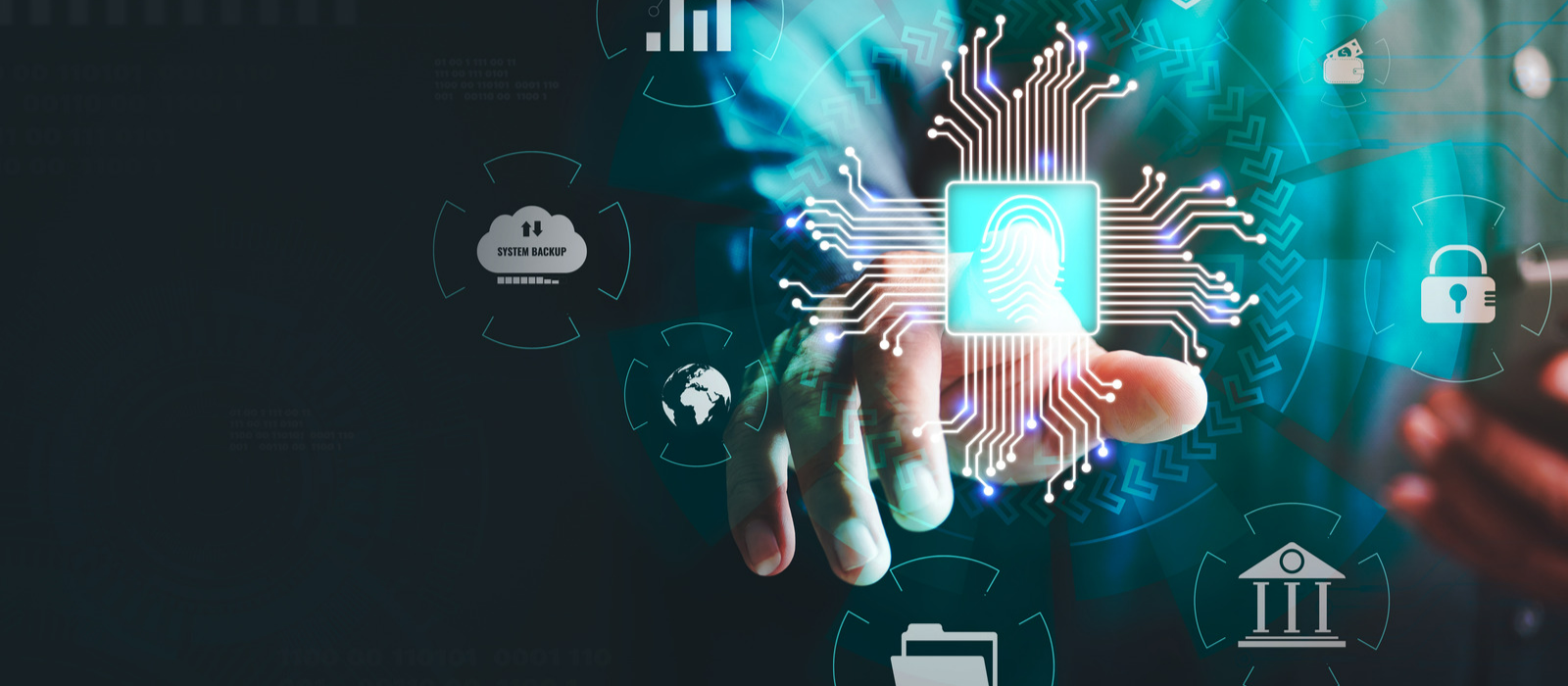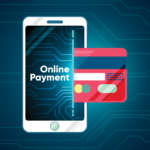Protecting your personal finance in the digital age has become requisite. As technology evolves, so do the tactics of cybercriminals, making it imperative to employ robust security measures for safeguarding your financial health online. This blog delves into comprehensive strategies to enhance your online security, ensuring your hard-earned money remains safe from digital threats.
From understanding the basics of online security to implementing advanced tools and practices, we will guide you through the essentials of keeping your financial information secure. This journey into cybersecurity will empower you with the knowledge to make informed decisions regarding your online financial activities.
Understanding the Importance of Online Security
In an era where a significant portion of financial transactions is executed online, understanding the importance of cybersecurity is the first line of defense. The digital space, although convenient, hosts myriad threats such as identity theft, fraud, and unauthorized access to financial accounts.
These risks highlight the need for stringent security protocols to protect not only your money but also your personal information. It’s about creating a secure ecosystem where your finances can thrive without the looming shadow of cyberthreats.
Adopting a proactive stance towards online security is not just recommended; it’s necessary. Awareness of potential risks and the implementation of preventative measures can drastically reduce the likelihood of falling victim to cybercrimes.
Implementing Robust Security Measures
To fortify your online financial activities, implementing robust security measures is crucial. This involves more than just setting strong passwords. It’s about understanding the security features provided by your financial institutions and making the most of them.
Two-factor authentication (2FA), for instance, adds an extra layer of security by requiring a second form of verification beyond your password. It’s a simple yet effective way to deter unauthorized access.
Moreover, staying informed about the latest security threats and how to mitigate them plays a significant role in protecting your online presence. Regularly updating your software and utilizing antivirus programs can shield you from malicious attacks.
Securing Your Financial Transactions
When it comes to Protecting your financial information online, securing your financial transactions stands paramount. This includes being vigilant about the networks you use for online banking or shopping.
Securing your Wi-Fi connection with strong encryption and avoiding public Wi-Fi for financial transactions can significantly reduce the risk of interception by cybercriminals.
Additionally, opting for credit cards over debit cards for online purchases can offer better fraud protection. Credit card companies often provide more extensive security features and fraud investigation services.
Adopting Safe Online Banking Practices
Online banking has simplified managing our finances, yet it also requires us to adopt safe practices to ensure our financial security. This includes regularly monitoring your accounts for any unauthorized transactions and being cautious of phishing scams.
Best practices for online banking security highlight the importance of being aware of suspicious emails or messages that attempt to solicit your financial information. Recognizing and reporting such attempts is key to preventing financial fraud.
Empowering Yourself with Knowledge and Tools
Knowledge is power, especially when it comes to cybersecurity. Educating yourself about the threats and learning how to combat them is crucial. Utilizing available tools and resources such as Tools and tips for secure online transactions can equip you with the means to protect your financial wellbeing.
From password managers to encryption services, there are numerous tools at your disposal to enhance your online security. Investing time in understanding these tools and how they can benefit you is a wise step toward securing your digital life.
Regularly Reviewing and Updating Security Practices
As technology advances, so do the tools and techniques employed by cybercriminals. This makes it essential to regularly review and update your security practices.
Incorporating regular security audits, changing passwords periodically, and staying updated with your financial institutions’ security features are practices that significantly contribute to a secure online financial environment.
Conclusion
Protecting your personal finance online is an ongoing battle, one that requires attention, diligence, and the implementation of robust security measures. By understanding the importance of online security, adopting safe banking practices, and utilizing security tools, you can significantly mitigate the risks associated with digital financial transactions.
Empower yourself with the knowledge and resources necessary to safeguard your financial information against the ever-evolving landscape of cybersecurity threats. Remember, the security of your financial future begins with the steps you take today.


